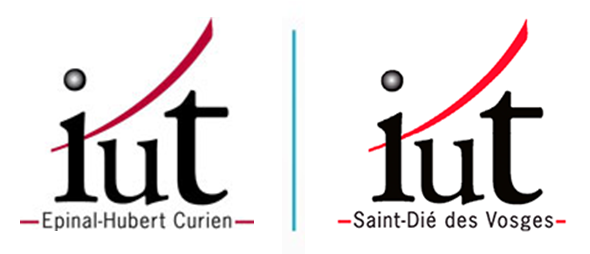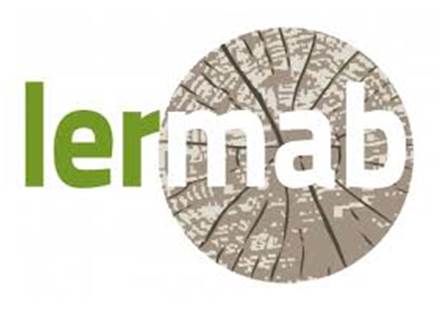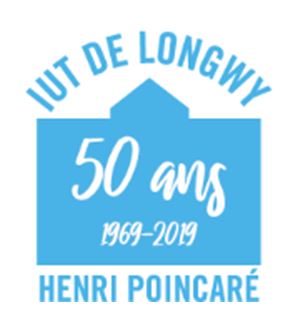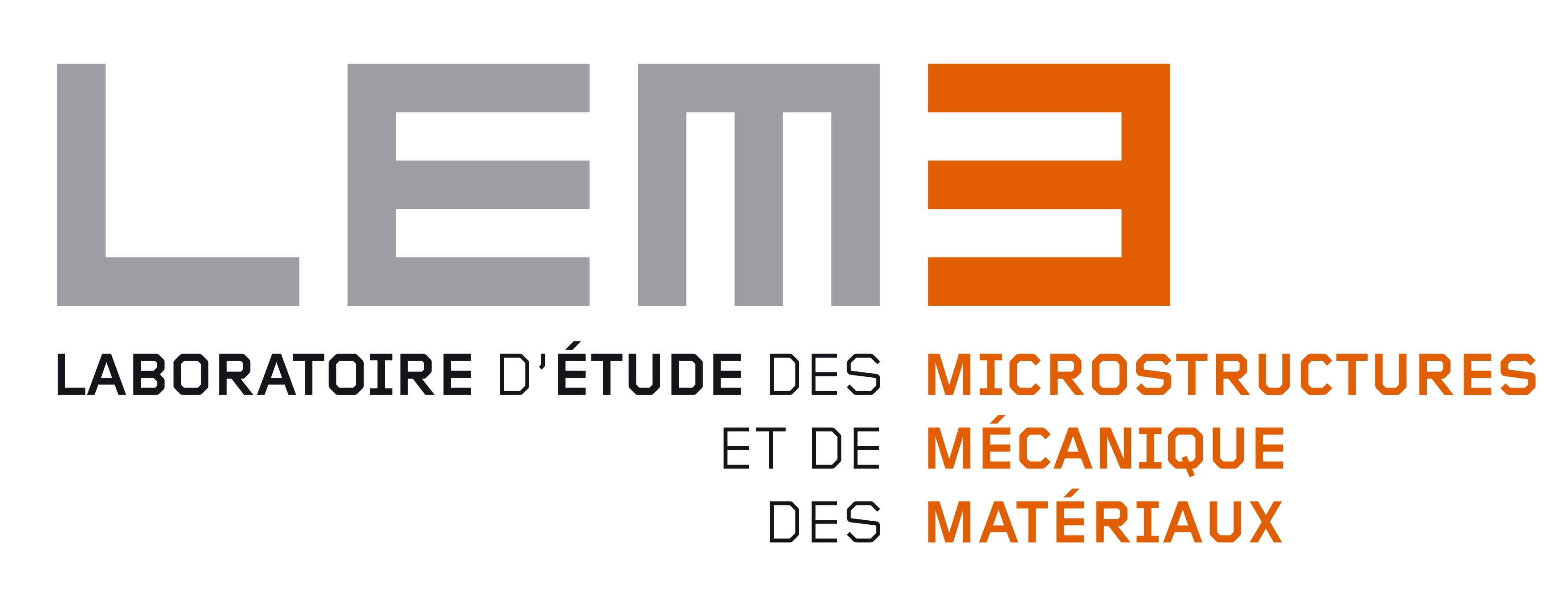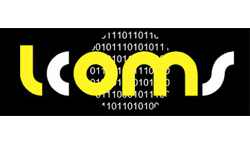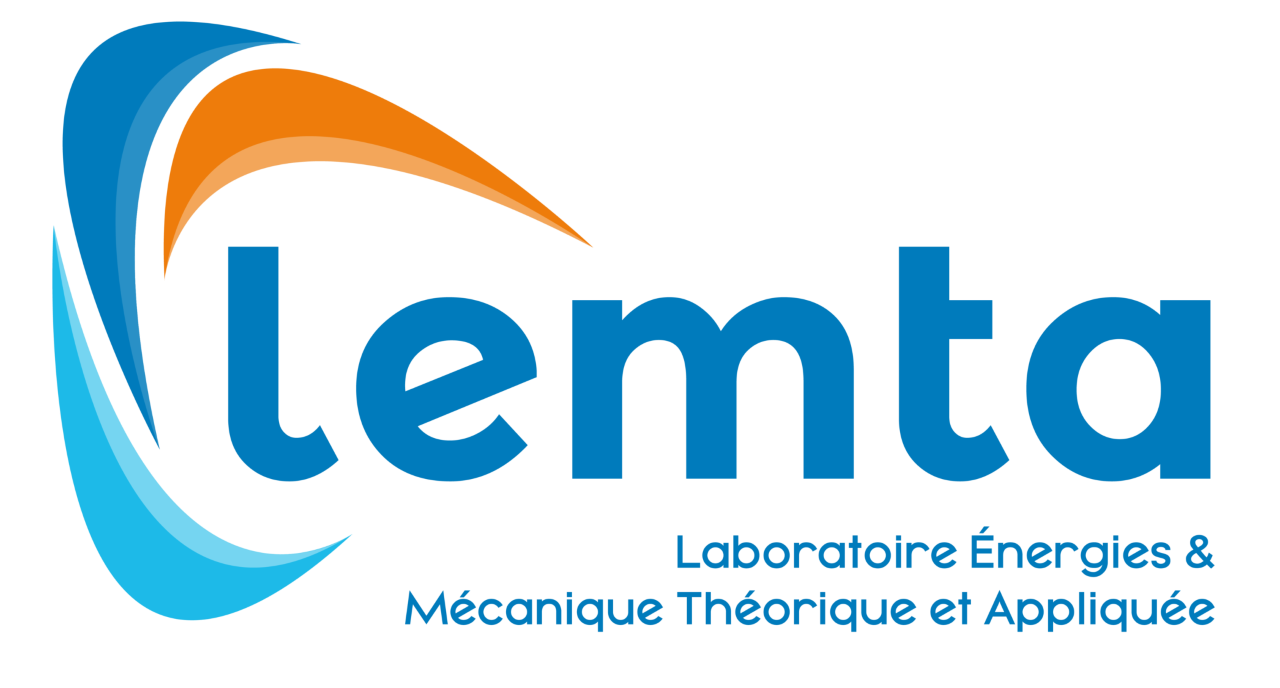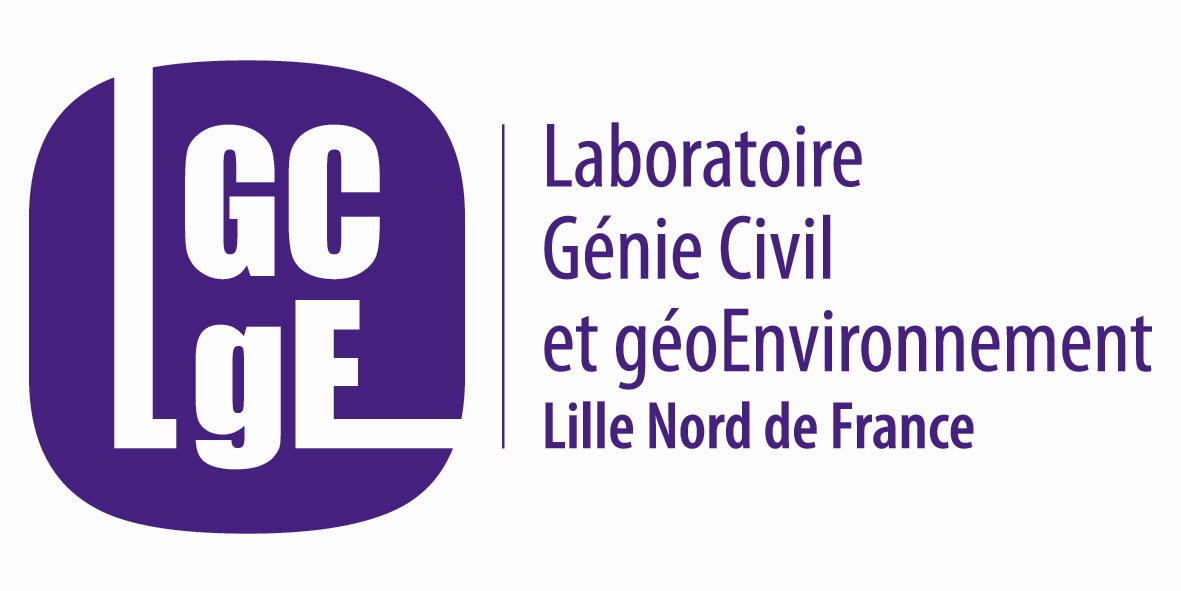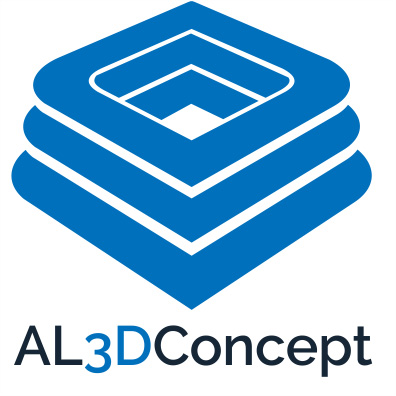Pr./A. Hélène AGEORGES
University of Limoges, France
The control of the porosity formation in the materials made by thermal spraying is of great interest to predict their properties. Understand the mechanisms to limit or to increase porosity could expand their applications. For example, highly porous ceramic materials can be employed for thermal insulating applications in the aerospace field. Porous particles can be used in medical industry to introduce into them drugs for a controlled and prolonged release directly on the affected site to improve the efficacy of medical treatments. In another side, dense coatings can increase mechanical properties and the corrosion resistance. It has been established that the porosity formation and distribution in the final material depend on the relationship between the initial particle size distribution used and the thermal spraying parameters such as the power of the source, the gases used and the spray distance. In order to increase the porosity in coatings or in particles, a pore former can be added which it be eliminated during or after the elaboration
Pr./A. Hélène AGEORGES : is an Associate Professor at the University of Limoges, in the topics such as Renewable Energy, Energy Efficiency, Sustainable Development, Thermal Spraying. Head of Bachelor Program of Renewable Energy. Head of the Master Program of Energy Efficiency and Sustainable Development (Dual Diploma University of Limoges / University of Mascareignes in Mauritius. Researcher in Surface Engineering by Thermal Spray Technologies at the Institute of research for ceramics (IRCER), Limoges, France. Her research topics focus on advanced properties of coatings through the use of new materials and innovative processes in fields such as high wear resistance, low friction coefficient, thermal insulation, high temperature protective coatings (thermal and environmental barrier coatings), bioactivity (implant coatings), photocatalysis to meet the requirements of various specific applications. She studies nano and micro-structured coating effects, tribology, wear mechanisms, porosity formation, activity of bioglasses. She contributes to the development of new easy and quick methods of mechanical property measurements for industry. Dr. Ageorges also had contributions to the manufacturing of feedstock powders for thermal spray coatings: cermets, composites for industrial applications and bioactive glasses for biomedical use. She holds a PhD in plasma process engineering from the University of Toulouse, France.




